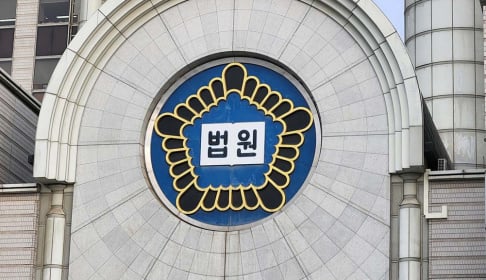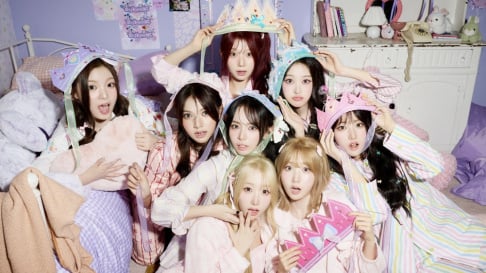
The number of marriages in South Korea increased for the first time in 10 years.
South Korea has seen a significant change in its marriage landscape, marking its first yearly increase in over a decade, with nearly 194,000 marriages recorded in 2023. This shift is notable given the country's long-standing trend of declining marriage rates.
Breaking down the numbers:
There were 193,657 marriages in 2023, a 1% increase compared to 2022. Additionally, there was an 18.3% surge in marriages between South Korean nationals and foreign partners, totaling around 20,000 marriages (over 10% of the marriages). According to the Korea Times, "Of the 19,700 international marriages, 14,700 comprised a Korean husband and a foreign wife. The figure was up 22.5 percent from a year earlier. The number of couples comprised of a Korean wife and a foreign husband increased 7.5 percent year-on-year to 5,000."
Experts attribute this increase to the relaxation of COVID-19-related restrictions, which had led many couples to delay their wedding plans. This resurgence suggests a rebound from the delays caused by the pandemic.
However, despite this positive turn, South Korea has experienced a significant decline in marriage rates over the last three decades. In 1996, over 400,000 marriages were recorded, compared to fewer than 200,000 in 2021. This decline has been mirrored by a plummeting birth rate, the lowest globally, dropping from nearly 400,000 births in 2017 to a record low of 229,970 in 2023.
Regional data highlights differences in marriage ages across the country, with residents of Seoul marrying later than those in other regions. This trend is thought to be influenced by the high cost of living and housing in the capital.
In Seoul, the average age for first marriages is 34.4 for men and 32.4 for women, compared to the national average of 34 for men and 31.5 for women. Regions with lower marriage ages include North Chungcheong Province and Ulsan city for men and North Chungcheong and South Jeolla provinces for women.
Looking ahead, while the slight increase in marriage rates in 2023 may indicate a shift in social attitudes post-pandemic, long-term trends in marriage and birth rates continue to pose challenges for South Korea.
 SHARE
SHARE













































the main issue (in Korea and many advanced/ developed economies) is that live in the big city is tough, stressful and expensive - no wonder people are turned off by the even higher cost of having a family. if they want to increase marriage/ birth rate, they should focus on economically developing the rural/ countryside area so people would be inclined to stay there
1 more reply